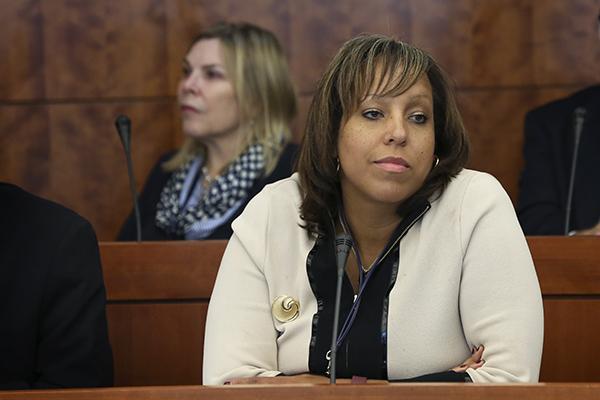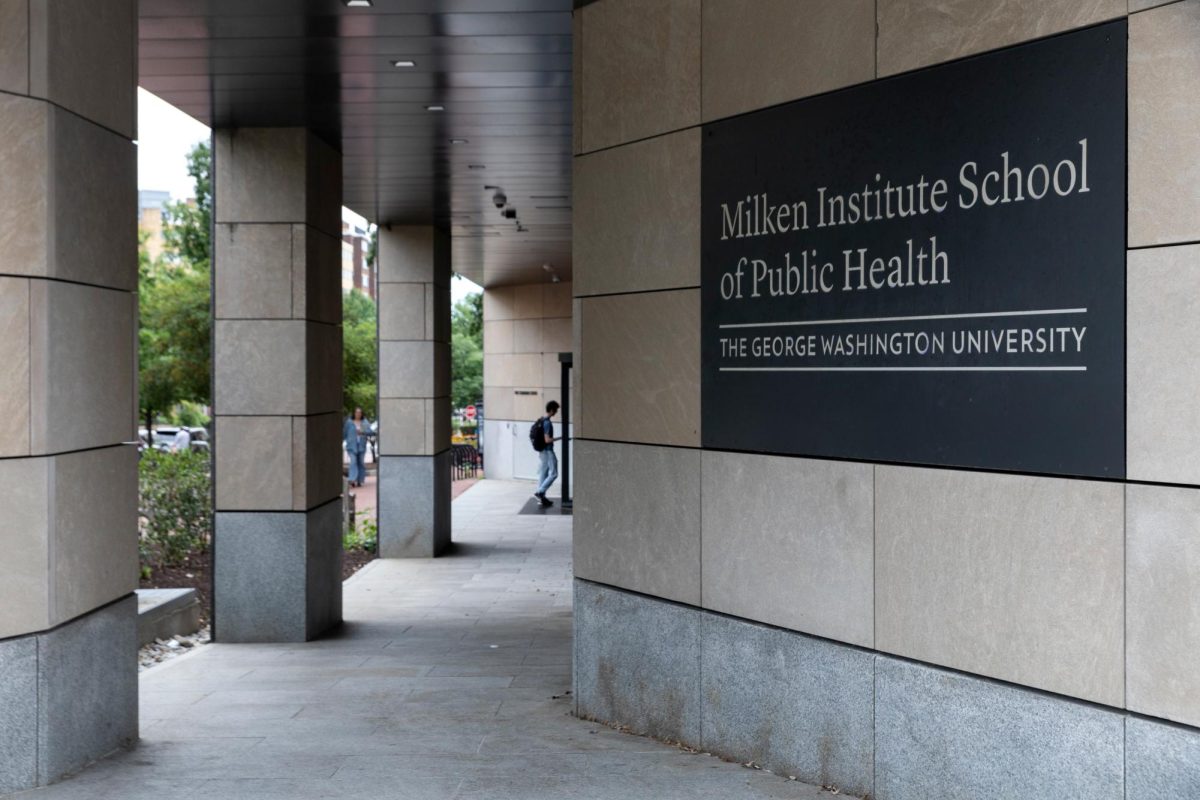GW would have to adapt to the most generous employee family leave plan in the country if the recently proposed measure passes through the D.C. Council.
A majority of the D.C. Council backed the plan last week that would require private D.C. employers to provide 16 weeks of paid leave to employees going through major life events like having a new baby or caring for a sick relative – a measure that would be implemented into GW policy if the bill is passed.
GW currently offers six weeks of continuous paid leave for full-time staff members on parental leave, according to the University Human Resources website, while faculty who are new parents can take up to a semester off while still being paid.
The bill would entitle employees who live or work in the District to time off if they or a partner gave birth or adopted a child, if they recently returned from military deployment or if they needed to take care of a relative. The salaries on leave would be paid through a tax on the employers, which would vary depending on the salaries an employer pays. Seven of the D.C. Council’s 13 members co-sponsored the bill.
The new proposal is an expansion of current D.C. and federal laws, which requires employers to protect a staff member’s job for up to 12 weeks if they need to take unpaid time off for family or medical reasons.
At-large Council member David Grosso introduced the family leave bill last week along with six other Council members, including GW Law School professor and Ward 3 Council member Mary Cheh. In his opening statement to introducing the bill, Grosso said that the bill would invest in D.C. families.
“This bill will help workers take the time they need to support their families or themselves without having to make the hard choice between a paycheck and their loved one’s immediate needs,” Grosso said in a statement Tuesday.
University spokeswoman Maralee Csellar said in an email that GW would look into changing its employee leave plan if it becomes law. Employees currently take sick leave, D.C. and federal family and parental leave, and annual and short-term disability leave, she said.
“GW is monitoring the proposed bill and like all D.C. employers, we will review our current leave and paid time off programs offered to faculty and staff once the bill passes and the final requirements are available,” Csellar said.
Csellar was unable to provide the number of employees who have taken a period of paid leave over the past year, saying that certain laws don’t allow for the collection of that information.
GW’s current leave policies for staff are comparable to several peer schools: the University of Miami and New York and Southern Methodist universities, which each offer roughly 6 weeks of paid leave for mothers who give birth.
Paid maternity leave for eligible employees at Georgetown University lasts for eight weeks, according to the university’s staff benefits website. An employee at the school could qualify for paid leave for another amount of time specific for their disability, with a maximum time of three months.
Employees at Tufts University, another one of GW’s peer schools, can take between eight and 12 weeks of paid time off of their work if they are the parent of a new child. The University of Southern California offers nine weeks of paid maternity leave.







